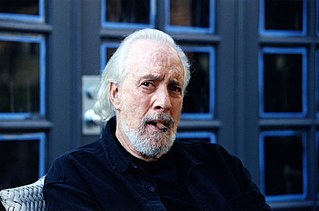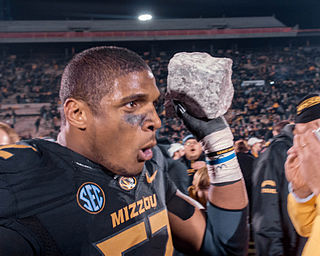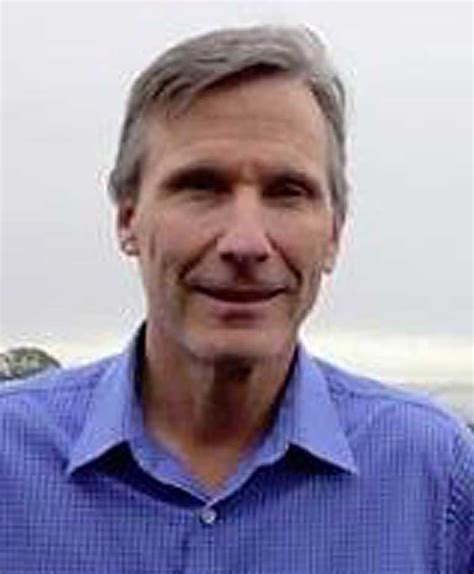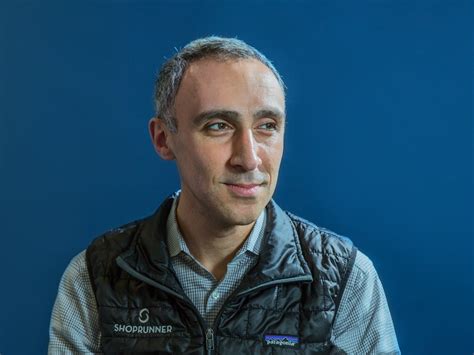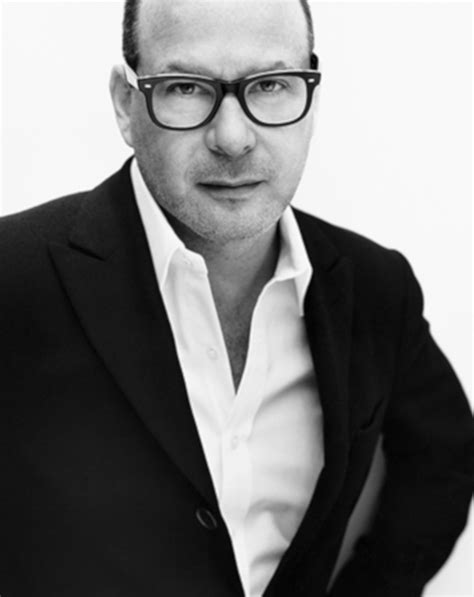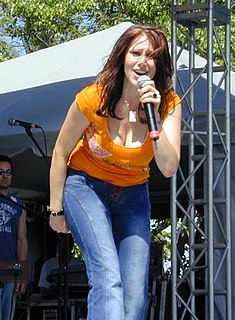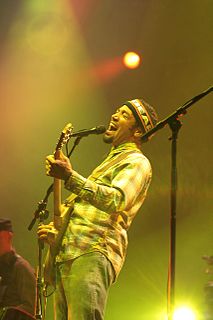A Quote by Rostam Batmanglij
I certainly think that my music is a response to my experience as a person who doesn't identify as straight, as a person who grew up American.
Related Quotes
I think Los Angeles certainly grew out and grew up, but I don't think it matured. It lost the appeal and the hunger and the beauty of its adolescence and went straight to a middle-aged ugly, overfed monster seeking mindless pleasure and being obsessively acquisitive. It's so materialistic. It grew up, but it didn't mature.
A lot of artists I like end up being queer. Or maybe it's a subconscious thing that you can identify of, like, 'Oh this person understands the nuances of the romantic narrative of a queer person, or the social narrative of a queer person.' And then you discover, lo and behold that they are a queer person.
Because we're able to adjust for compatibility - and what that means is we've already normalized for how well we think each person is going to get along with the other person - the only factor left in determining response rate, really, is the aesthetic appearance of the person who sent you that message.
I'm certainly not going to tell other people what they should do with their own personal lives. I think it's certainly easier for a director to be out. The public is not going to see a movie because the director is gay or straight. It's maybe a little harder for an actor or actress because of, you know, the love roles and stuff. But gay people have been impersonating heteros in the movies for years. So, hopefully, that is becoming less of an issue. I think it would have been really great if a gay person had played a gay person. That's brave!
I think of my life as divided between a lot of different periods. I grew up in the country, but as I got older I became more of an urban person. That's really when I started to become more of a creative person who was interested in fine arts, painting, drawing, and music. I studied jazz for a long time. Looking back, all those things were great training.
If you have not had direct firsthand experience of loving a category of person - a person of a different race, a profoundly religious person, things that are real stark differences between people - I think it is very hard to dare, or necessarily even want, to write fully from the inside of a person.

